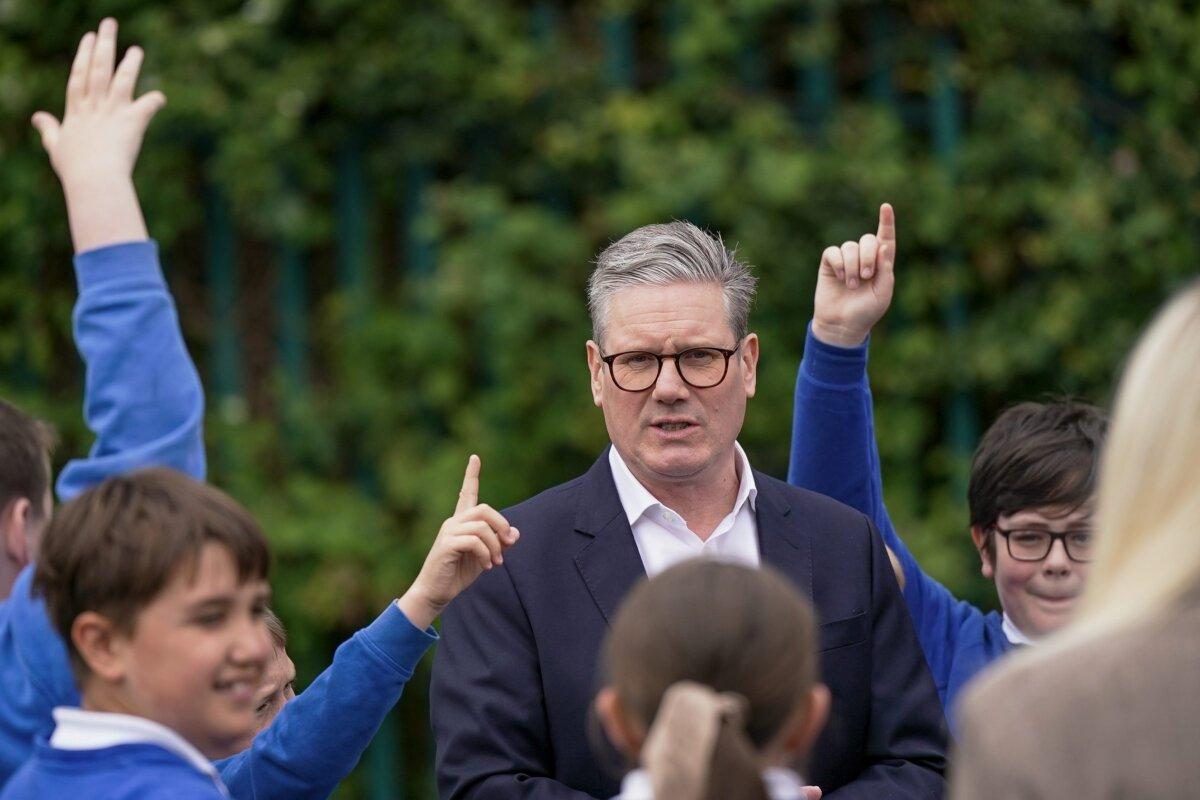Finances also influenced pupils’ subject choices, with 16 percent saying concerns about cost prevented them from selecting a particular subject.
One in six of all secondary school pupils have said they have missed class because they lacked money for food, transport, or trips, or otherwise did not have something they needed to attend, a survey by the Child Poverty Action Group (CPAG) suggests.
Nearly one in four (23 percent) said they missed school because they did not have money to pay for meals, and 26 percent said they did not attend because they couldn’t afford to pay for transport to get to school.
More than a quarter (27 percent) said they lacked money to go on school trips.
Almost half (47 percent) of pupils who missed school did so because they did not have the correct uniform or kit. FSM children were more than three times as likely to give this reason for missing school than their peers, the report said.
Finances also influenced pupils’ subject choices, with 16 percent saying concerns about cost prevented them from selecting a particular subject.
The non-profit organisation commissioned polling firm Survation to undertake the study, which surveyed 1,701 state school secondary pupils living in the UK between April 17 and May 1.
Recommendations
First among CPAG’s recommendations was abolishing the two-child benefit cap. The group also called for the expansion of free school meals to more families in England, access to free public transport for young people, and cash support to help with the cost of uniform and kit.
Responding to the report, a government spokesperson said the Labour administration was committed to tackling child poverty through the Child Poverty Taskforce and broader reforms.
The spokesperson said, “This government has inherited a system with baked-in inequalities, which we’re tackling head-on through our Plan for Change by rolling out free breakfast clubs in every primary, providing mental health support in every school, and investing over £3 billion in Pupil Premium to support those children who need it most.”
Two-Child Limit
The CPAG’s recommendations come amid renewed calls to abolish the two-child benefit limit, which a study last year by the End Child Poverty Coalition suggested was correlated to child poverty.
Earlier this week, Prime Minister Sir Keir Starmer’s official spokesman said the government was “not going to rule anything out” in its plans to tackle child poverty, after Education Secretary Bridget Phillipson—who is one of the leads on the Child Poverty Taskforce—had said that scrapping the limit was not off the table.

Labour Party leader Sir Keir Starmer speaks with pupils as he visits Whale Hill Primary School in Eston, England, on June 11, 2024. Ian Forsyth/Getty Images
The government’s child poverty strategy was due to be published this spring, but has been pushed back to autumn so it can be aligned with the chancellor’s Budget.
The two-child limit was introduced seven years ago and restricts means-tested Child Tax Credit or Universal Credit to the first two children.
Reform Would Scrap Cap
The two-child cap is unpopular with the opposition, as well as some in the Labour Party. Last year, Labour suspended seven of its MPs for voting against the government by backing a motion calling for the limit to be scrapped.
Reinstating support for low-income families has emerged as a key campaign issue for Reform UK.
Reform is currently in the lead in voting intention surveys, polling ahead of Labour, the Conservative Party, and the Liberal Democrats.
PA Media contributed to this report.

